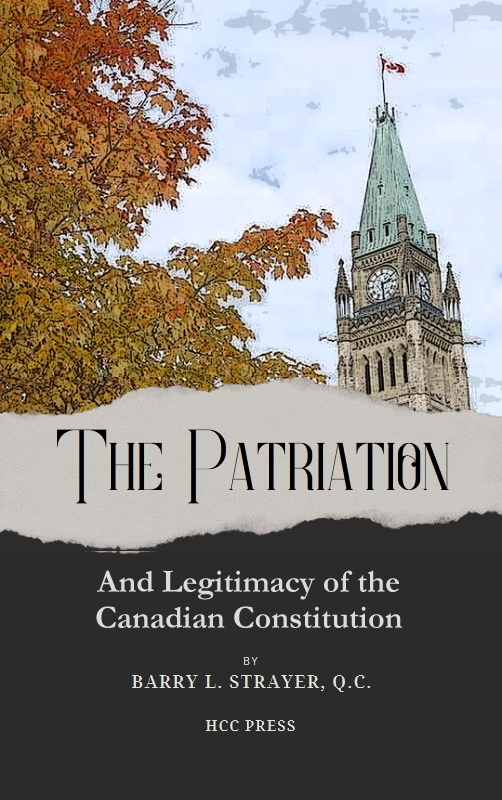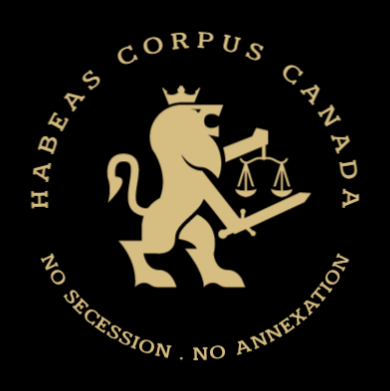… that they are to be treated as creating constitutional commitments of a permanent nature, which once approved and entered upon become irrevocable as self-executing conventions, placed, by that fact, beyond repudiation. They have not become the subject of juridical examination but that might happen. Should, for example, the British Parliament, of its own initiative, purport to repeal the Act of 1931 what would be the position of Canadian legislation and of Canadian courts? The answer must be that the purported repeal would not be recognized. Once such fundamental agreements have been reached, certainly when embodied in legislation, they become as executed treaties between peoples to be modified only by the agreement of the parties to them; and they bind equally discretionary action by the Sovereign. They are definitive surrenders of political and constitutional powers analogous to the exhaustion of executive power over a subordinate territory.6
Therefore, I am suggesting that if the United Kingdom Parliament should some day on its own decide to retrieve the Canadian constitution, we would be quite entitled to ignore any law she might pass repealing the Canada Act of 1982. I think we could ignore such a law just as India or the United States or some other former part of the Empire could ignore British attempts to legislate for them today. Even Dicey, the great apostle of parliamentary supremacy, believed that sovereignty could be abdicated with respect to a given territory, and that surely is what has happened in this case.7
The Globe and Mail, however, agonized about yet another danger to patriation. They imagined a scenario in which a future Parliament of Canada might ask a future United Kingdom Parliament to take back our constitution.8 Although I would have to agree that this is a legal possibility, it would be equally possible as a matter of law for us to turn over our constitution to the Islamic Republic of Iran, if it would take us on as a client. All that is required are two consenting parties to such an arrangement. But is that a likelihood over which much ink should be spilled? Even if we wanted to return to the womb, would the mother of Parliaments welcome us?
The Canada Act, 1982 and Political Legitimacy
I now wish to turn to the sources of political legitimacy for patriation and the new constitutional provisions. I enter this area with great caution. Although I am not here as a federal public servant, I cannot completely divest myself of that identity and I do not wish to engage in a political debate as to the propriety of positions taken by various governments during the patriation process. I do think it is possible, however, to examine some of the events, the positions taken, and the rationales offered for those
6. Rand, “Some Aspects of Canadian Constitutionalism” (1960) 38 Can. B. Rev., 135 at 149.
7. Dicey, Introduction to the Study of the Law of the Constitution (10th ed., 1961) at 68-9.
8. Globe and Mail Jan. 9, 1981, p. 6.

